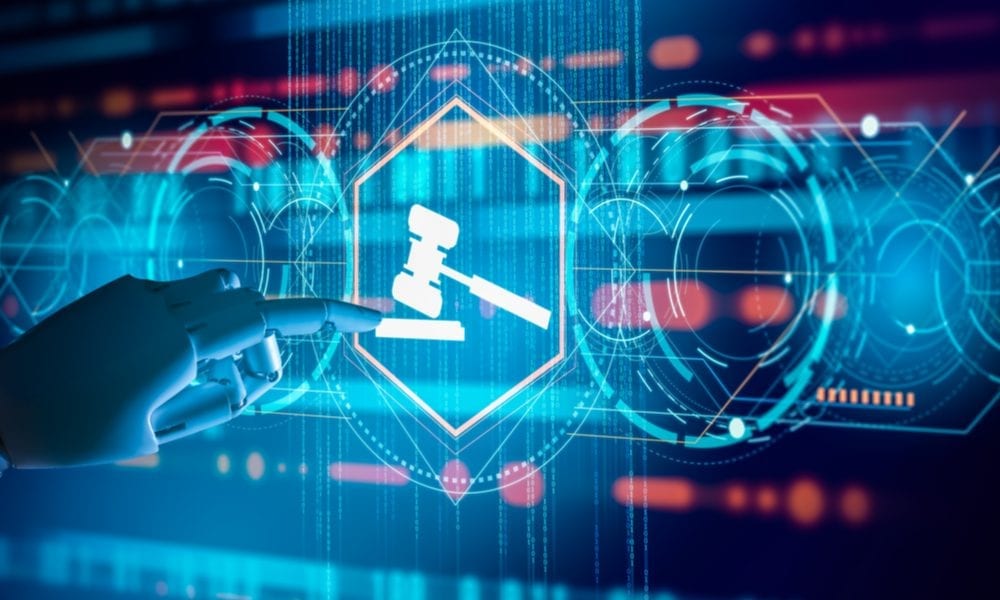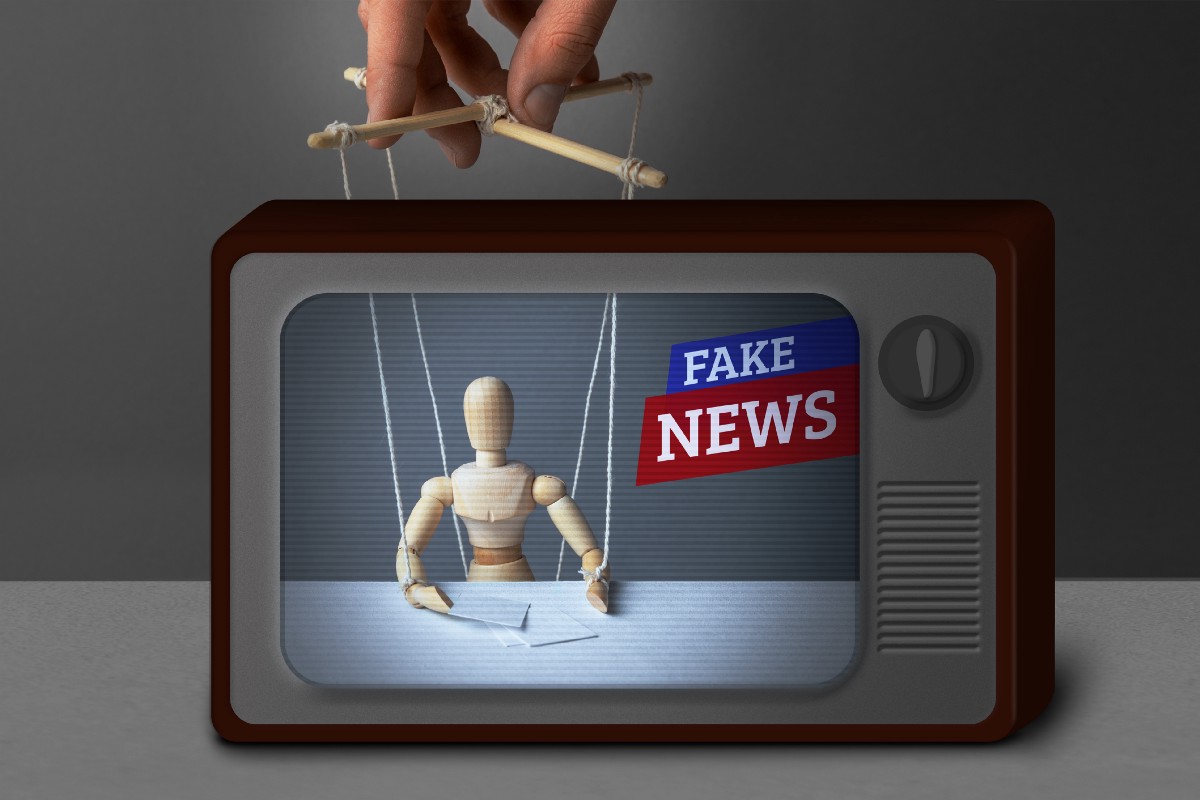As AI chatbots like ChatGPT become increasingly sophisticated and widely used, there are growing concerns about the potential risks they pose, particularly in terms of privacy, security, and ethical considerations. While AI chatbots like ChatGPT offer many potential benefits, including increased efficiency, improved customer service, and enhanced accessibility, there are also concerns about the potential risks they pose. For example, chatbots may collect and store sensitive user data, potentially putting individuals at risk of identity theft or other forms of malicious activity. Additionally, there are ethical concerns about the potential for chatbots to be used in ways that could harm individuals or groups, such as spreading fake news or misinformation.
Given these concerns, there is growing debate about whether AI chatbots like ChatGPT should be regulated, and if so, by whom and to what extent. This is a complex and multifaceted question that requires careful consideration of the potential risks and benefits of these technologies, as well as the potential implications of different regulatory approaches. In the following sections, we will explore this issue in more detail, examining the challenges of regulating AI chatbots and considering possible approaches to ensuring their safe, secure, and ethical use. In this blog post, we will explore the question of whether AI chatbots like ChatGPT should be regulated, and if so, by whom and to what extent.
The need for regulation
There are several reasons why regulation of AI chatbots like ChatGPT may be necessary. For example, chatbots may collect and store sensitive user data, which could be used for malicious purposes if it falls into the wrong hands. Additionally, there are ethical concerns about the potential for chatbots to be used in ways that could harm individuals or groups, such as spreading hate speech or misinformation. Given these risks, it may be necessary to regulate the development and deployment of AI chatbots in order to ensure that they are used in ways that are safe, secure, and ethical.
The challenges of regulating AI chatbots
However, regulating AI chatbots poses significant challenges, particularly given the pace of technological change and the complexity of these systems. It may be difficult for regulators to keep up with the rapidly evolving capabilities of AI chatbots, and to develop effective standards and guidelines for their use. Additionally, there are concerns about the potential for over-regulation, which could stifle innovation and limit the potential benefits of these technologies.
Possible approaches to regulation
One possible approach to regulating AI chatbots is to establish industry standards and guidelines that companies must adhere to in order to ensure the safety, security, and ethical use of these technologies. This could involve developing best practices for data privacy and security, as well as guidelines for the use of chatbots in areas such as customer service, healthcare, and finance.
Another approach is to establish a regulatory framework that oversees the development and deployment of AI chatbots, similar to the way in which other technologies such as pharmaceuticals and medical devices are regulated. This could involve creating a regulatory agency that is responsible for overseeing the development and deployment of AI chatbots, as well as establishing safety and efficacy standards that companies must meet in order to bring these technologies to market.
Balancing innovation and regulation
Ultimately, the question of how to regulate AI chatbots like ChatGPT must be approached with a careful balance between promoting innovation and ensuring safety and security. While over-regulation could stifle innovation and limit the potential benefits of these technologies, a lack of regulation could pose significant risks to individuals and society as a whole. As such, it is important to develop a regulatory framework that strikes the right balance between these competing concerns.
Conclusion
In conclusion, the question of whether AI chatbots like ChatGPT should be regulated is a complex and multifaceted one, requiring careful consideration of the potential risks and benefits of these technologies. While regulation may be necessary in order to ensure the safety, security, and ethical use of AI chatbots, it is important to develop a regulatory framework that balances the need for innovation with the need for oversight and accountability. By doing so, we can help to promote the responsible development and deployment of these technologies, while minimizing the risks they pose to individuals and society as a whole.





Leave A Comment